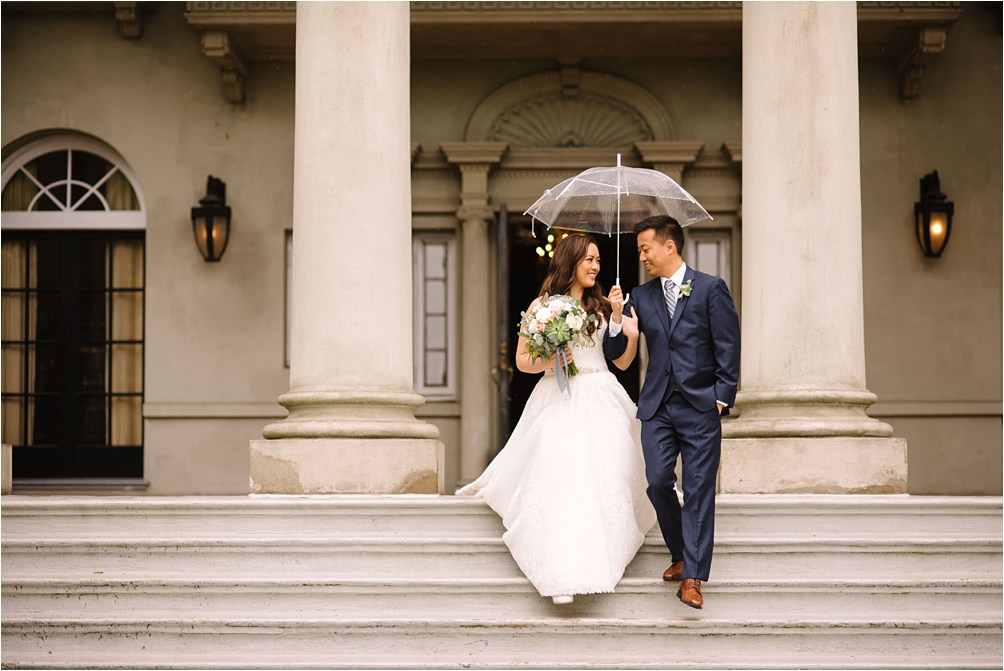
It is every couple’s worst nightmare for something to go wrong on their big day. Planning ahead and creating a structured wedding timeline will keep everything on track and running smoothly. When creating your timeline, it is important to allocate ample time for the ceremony, reception, special activities, and of course, photography! Most importantly, however, make sure to add in some extra time just in case. Things always seem to take longer on wedding days!
The first step of planning your wedding should be to familiarise yourself with the average length of the main stages. Here is a breakdown of typical wedding activities to help you build a rough idea of how long the basics take:
Wedding party getting ready: 2 hours.
Start early. The last thing you will want is to be rushed straight out of the gate. Put your favourite music on and enjoy getting ready with your close family and friends.
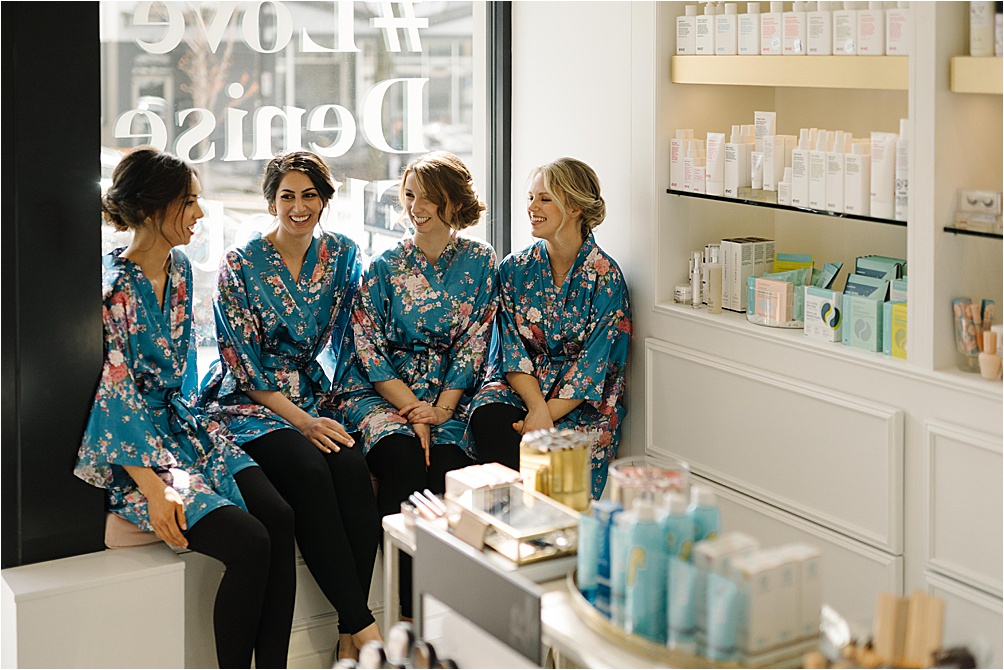
Dress the bride: 15 minutes
Even though you may have tried on the outfit a hundred times, you’ll want to savour this moment and make sure you are looking your best.
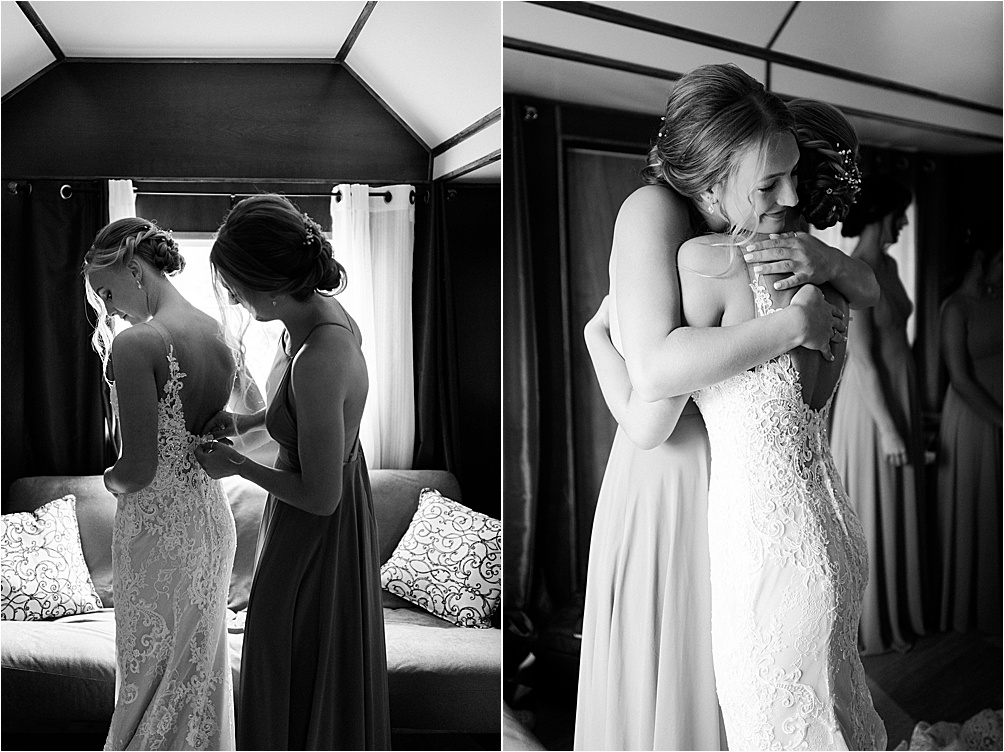
Bridal party and couple photos: 2 hours
These are the photos that you will look back on for the rest of your life to remember your special day. It is normal for your photographer to spend an hour with the bridal party and another hour with the couple to capture a beautiful array of memories for you to cherish forever.
It is important to note, if you have gotten ready and had photos taken in a separate location to your ceremony, you must factor in ample time to travel to and from locations.
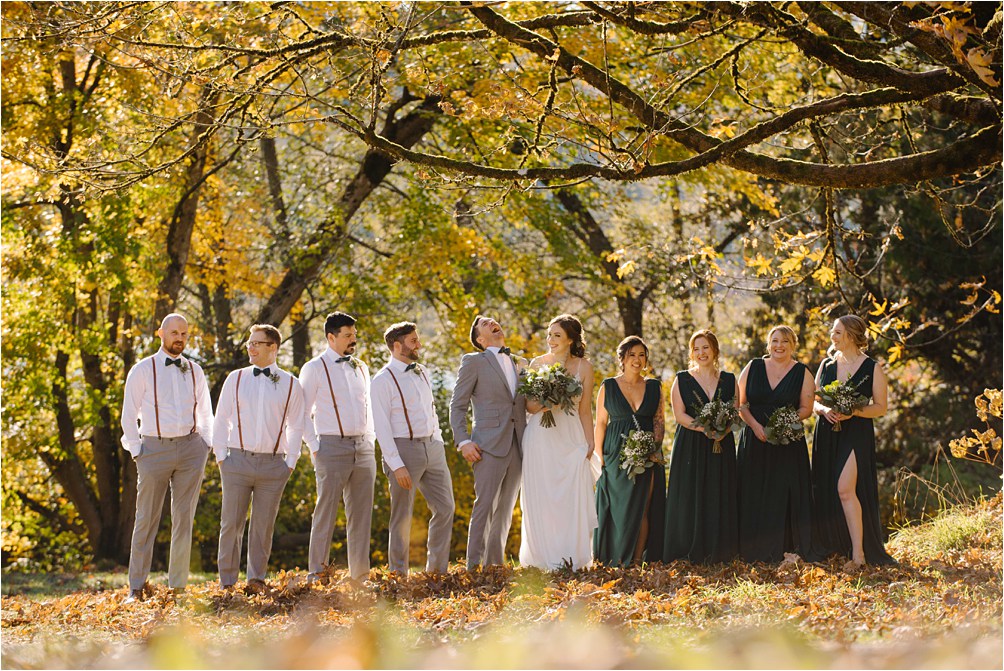
Ceremony: 30 minutes
Each wedding will vary in ceremony time, but allocating half an hour is a safe bet. If you know that your ceremony will be longer or shorter, make sure to make this clear in your wedding plan.
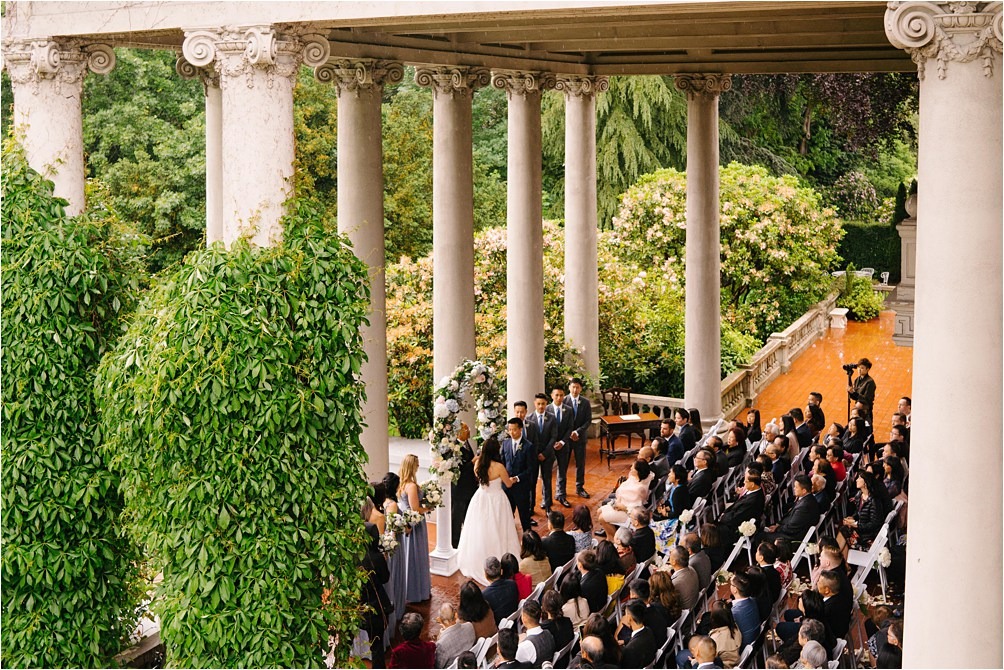
Family photos / Bar service: 45 minutes
It can be difficult to get close family and friends all together again after the reception begins, so providing your photographer plenty of time to capture family photos immediately after the ceremony is particularly important. Guests can be served drinks during this process to keep them entertained.
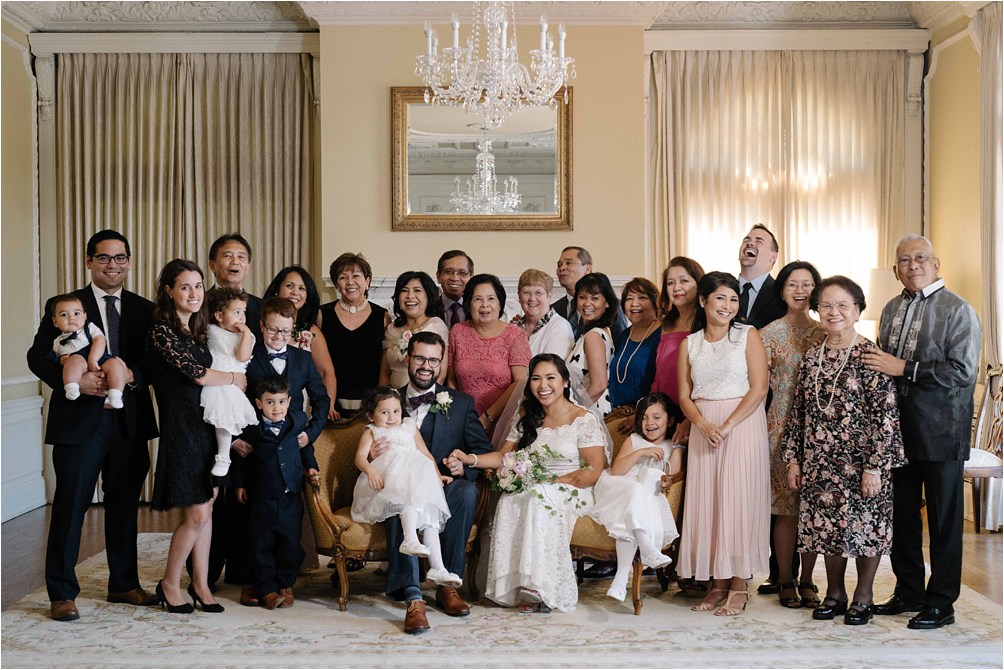
Reception: It depends
Every wedding is different – some end after the ceremony while some party into the early hours of the night. When planning your wedding reception, you must allocate time for the first dance, meal service, speeches, cake cutting, and any other special events you may incorporate into your event.
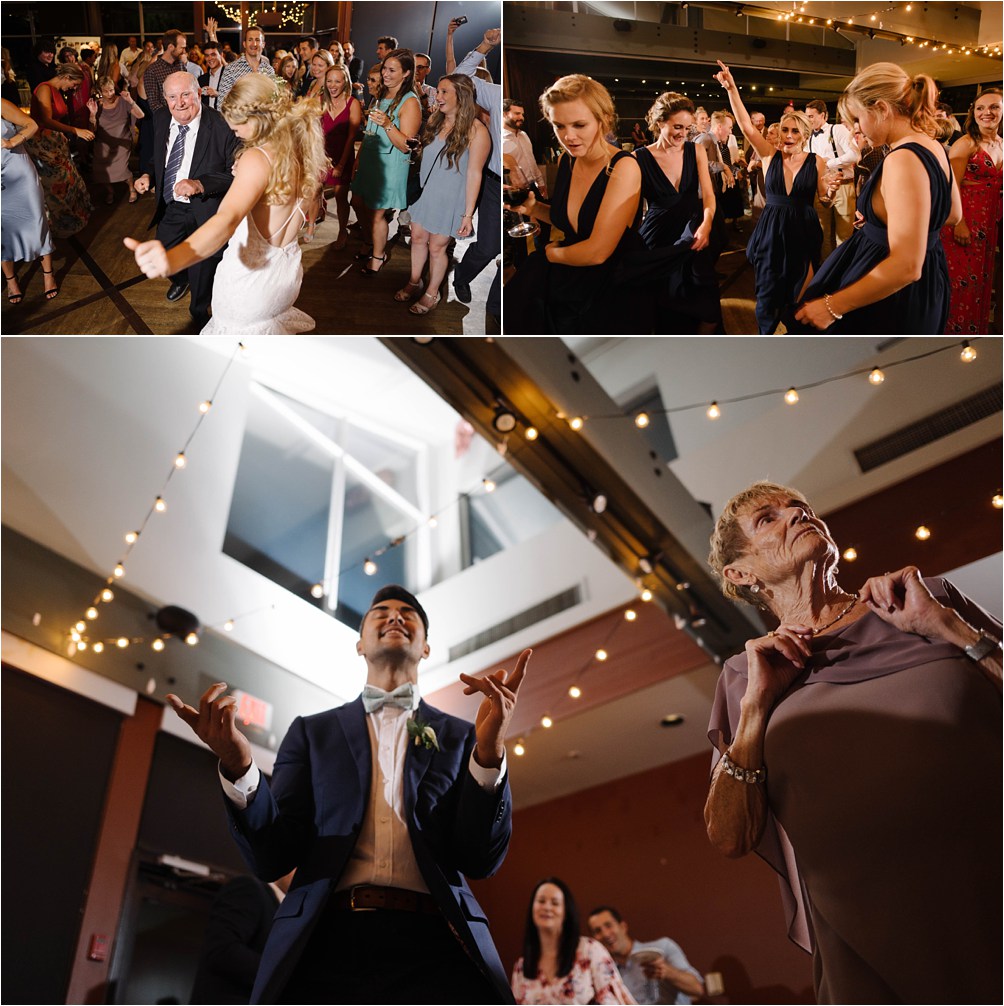
Why Do You Need a Wedding Timeline?
Ensuring that all of these events are carefully planned and choreographed is crucial for a successful wedding. Creating a wedding day timeline will allow all individuals who are involved in your event to have a reference point to work from. Everybody from caterers to photographers will be able to work around your plan and allow you to relax and enjoy your special day.
Preparing a timeline for your wedding day will save you both time and stress during the planning process. Your wedding day may seem an extremely daunting event to organize at first, but as you manage the day into separate and practical time slots, you will develop an understanding of the exact timeline and be able to put your mind at ease. If you find it’s really not for you, you can always hire a great wedding coordinator team like Pocketful Productions or Power of Threee to help!
Below is an example of a generic wedding day timeline to give you a rough idea as to how the finished product should look:
10:00 – Hair and makeup artists arrive to get the bridal party ready
12:00 – Photographer arrives
12:45 – Bride finishes getting ready
13:00 – Everyone travels to the photo location
13:30 – First look with the bride and groom
14:00 – Bridal party portraits
15:00 – Bride and Groom photos
16:00 – Travel to the ceremony location
16:30 – Ceremony
17:00 – 17:30 – Family and group photos
17:30 – 18:30 – Cocktail hour
18:30 – Reception begins
19:00 – Dinner
20:00 – Speeches and toasts
20:30 – Cake cutting
21:00 – First dance and parents’ dance
21:15 – Open up the dance floor to guests
22:00 – Photographer leaves
1 AM – Reception ends
Helpful Wedding Timeline Tips
- Try to have a rough draft of your wedding timeline two weeks before the big day. This will allow time to make revisions based on vendor feedback.
- Always account for transport time between venues and take traffic into consideration.
- Keep your timeline as simple as possible so it remains easy to read and follow.
- Designate a contact that your vendors can speak with on the day if they have any questions. This is usually your wedding coordinator or the maid of honour.
- Finally, try not to stress if events fall behind or do not go as planned – your guests may not even realize or care, focus on having the best day possible!